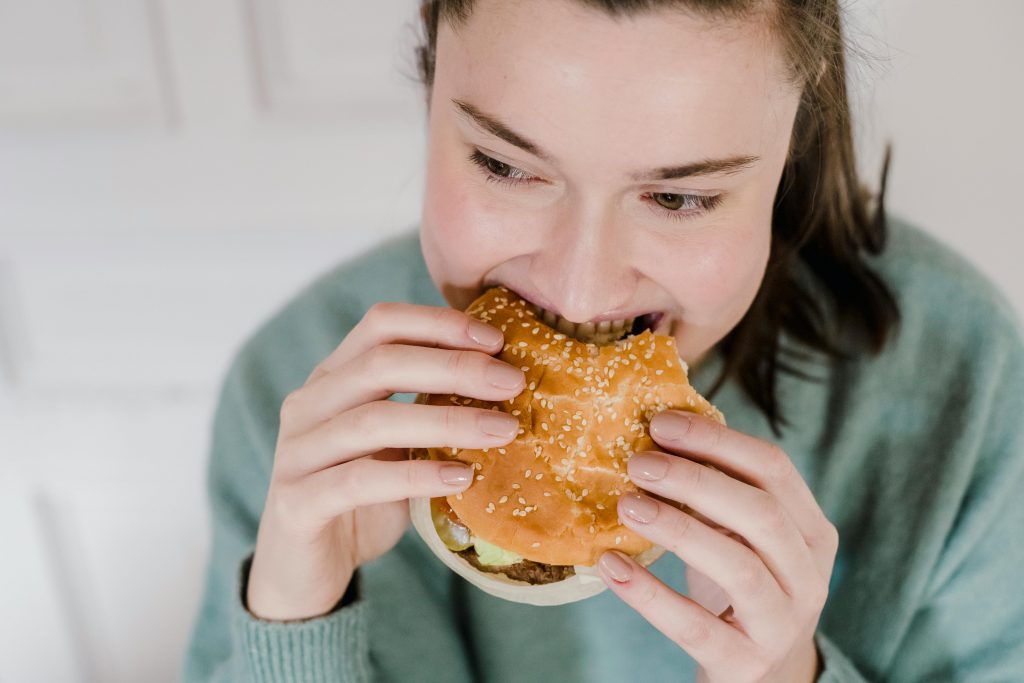We all face stress in our lives, whether it’s from work deadlines or just feeling overwhelmed. But did you know that stress can also affect the way we eat? Our bodies are fueled by food to survive which ultimately explains why we feel happier after eating because it lights up the reward system in our brains.
Whether you lose your appetite or start to eat more when you’re feeling stressed, there is a definite connection between stress and our appetite.
How does stress affect your appetite?
According to Healthline, stress affects people differently when it comes to eating. Some may lose their appetite altogether, while others might turn to food for comfort, becoming emotional eaters.
When we’re stressed, our bodies release cortisol, also known as the stress hormone. This hormone can disrupt our normal hunger cues, making it difficult to recognise when we’re hungry or full. It also makes us crave unhealthy foods like sugary snacks or fatty treats causing our brains to think we need extra energy to deal with the stress.
Emotional eating is often an automatic behaviour. The more that food is used to cope, the more established the habit becomes.
But it’s not just our food cravings that are affected by stress. Research shows that stress can also slow down our metabolism. One recent study, shows women who experienced stress burned fewer calories after eating a high-fat meal compared to those who weren’t stressed. This slowdown in metabolism could lead to weight gain over time.
Signs that may indicate you are an emotional eater:
- Feeling like certain foods have power over you
- Having the urge to eat when strong emotions arise
- Eating even when you’re not hungry
- Using food to soothe or reward yourself
On the other hand, for some individuals, stress triggers a fight-or-flight response in the body, which can suppress appetite. When we’re focused on dealing with a stressful situation, eating may become less of a priority. This can lead to skipping meals or not feeling hungry at all.
How to combat stress eating
According to Healthline, the best way to combat stress eating or the effects of stress on your appetite is to be mindful of what triggers your stress eating and be prepared to resist the urge to snack. Keep healthy snacks on hand to nourish your body instead of reaching for junk food.
Maintaining stable blood sugar levels throughout the day can also help regulate your emotions. Try incorporating regular exercise into your routine and make sure you’re getting enough sleep each night. These habits can help you better cope with daily challenges and reduce stress. Additionally, consider keeping stress-reducing items like a stress ball at your workspace, and take short breaks to relax and take deep breaths.
By being mindful of how stress affects our eating habits and implementing strategies to manage stress, we can maintain a healthier relationship with food and our bodies. Taking care of your mental well-being is just as important as taking care of your physical health.
ALSO SEE: Can certain foods increase stress? Here’s what foods to eat and to avoid
Can certain foods increase stress? Here’s what foods to eat and to avoid
Feature image: Pexels



